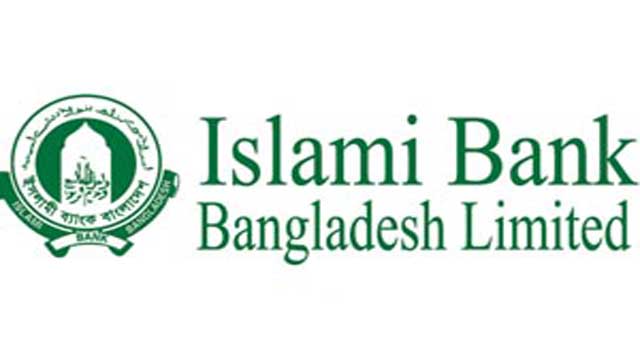Dhaka, Oct 20 (Just News): The country’s largest private commercial bank, Islami Bank Bangladesh Limited, has seen signs of decline following major shakeup in its ownership and management early this year.
Official records show, the bank’s deposits and income have fallen, but rate of loan disbursement has increased, causing rising amount of default loans.
The bank is now losing its foreign partners—a trend that gives alarming signal to the foreign investors interested in Bangladesh.
Islami Bank Bangladesh Limited (IBBL) began its journey in 1983 with 70 per cent foreign shareholders, mainly from the Middle East. But, the percentage of foreign ownership of the bank has come down to only 32 per cent now.
The foreign partners started leaving the bank in 2013 amid political controversies, especially involvement of Jamaat-e-Islami leaders with the bank and trial process of the war criminals of 1971.
In a letter to finance minister AMA Muhith on 24 January this year, IDB president Bandar MH Hajjar expressed concern as the foreign partners were cornered.
He pointed out that the foreign stakeholders of the bank—IDB, Saudi Arab, and Kuwait—who together held 52 per cent of the bank’s shares were not consulted before bringing the change to the top positions of the bank.
However, the bank’s chairman Arastoo Khan explained that many foreign shareholders are leaving the bank and many others are showing interest in investing in the bank. He termed it a regular activity.
“This is the largest Islami bank in South Asia and the country’s largest private commercial bank. Currently, the normal activities of the bank are going well, deposits are also increasing,” he told Prothom Alo.
In 1983, 13 Middle East-based founder sponsors had 70 per cent of the bank’s deposits and the rest came from the government of Bangladesh and other local persons, and organisations.
Allegations were raised in 2013 that Islami Bank had a nexus with the politics of Jamaat-e-Islami.
Jammat leader Mir Quasem Ali, who was executed after being convicted of crimes against humanity in 1971, was the former director of the IBBL. Former chairman Abu Nasser Muhammad Abduz Zaher was also an executive member of Jammat. He now lives abroad.
According to Islami Bank officials, founder sponsor Bahrain Islami Bank sold all its shares in 2014 and another entrepreneur Dubai Islamic Bank followed the suit in 2015.
The Hazrat Shahjalal (RA) Industrial City Ltd of local United Group bought 335 shares of the bank worth Tk 325,47,000 in 2016.
In the month of December 2016, Armada Spinning Mills bought shares of the IBBL and appointed Arastoo Khan as a director of the bank.
On 5 January 2017, the bank saw a major shakeup, through appointment of director Arastoo Khan as the new chairman.
Afterwards, the bank sold out some 8,69,000 shares. Four local organisations bought the shares for Tk 31.50 each. The Excel Dying and Printing purchased the lion’s shares.
On 24 September, Kuwait Finance House sold all its shares through Chittagong Stock Exchange. But, another organisation of Kuwait, The Public Institute for Social Security, still has 941 shares of the bank, worth Tk 10,40,44,000 or 6 per cent of the bank’s total share.
A client of US-based bank JP Morgan bought around 4.16 per cent shares of Islami Bank in 2015. But, currently, the client has only 1.68 per cent shares.
Between January and June 2017, the bank received deposits amounting to Tk 22.98 billion, compared to Tk 33.10 billion in the same period of the previous year. The deposit was Tk 35.99 billion in the corresponding period in 2015 and Tk 52.09 billion in 2014.
But, the bank’s loan disbursement jumped to Tk 50.31 billion in the six months of 2017, as against Tk 35.21 billion in 2016, Tk 26.95 billion in 2015 and Tk 22.63 billion in 2014.-Prothom Alo.
(Justnews/gys/1425hr)





